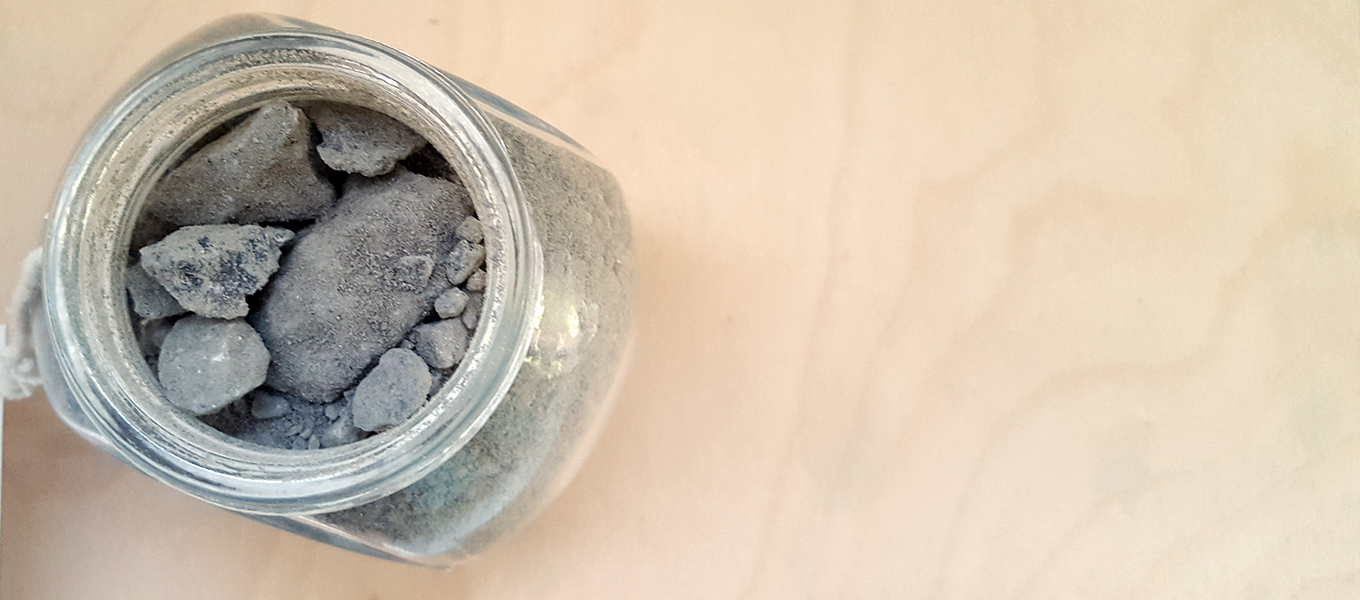
gypsum
LFHCM-0801
Gypsum is a mineral and is hydrated calcium sulfate in chemical form. Gypsum plays a very important role in controlling the rate of hardening of the cement. During the cement manufacturing process, upon the cooling of clinker, a small amount of gypsum is introduced during the final grinding process.
If the content of gypsum is too little, the retardation affect will be unobvious. Too much gypsum will also accelerate the setting of cement because gypsum can generate a clotting agent itself. The appropriate amount of gypsum depends on the content of C3A in the cement and that of SO3 in gypsum, and it also related to the fineness of cement and the content of SO3 in clinker. The amount of gypsum should account for 3%-5% of the cement’s mass. If the content of gypsum exceeds the limit, it will lower the strength of cement and it can even lead to poor dimensional stability, which will cause the expanded destruction of cement paste. The national standard requires that the content of SO3 should not be more than 3.5% or 4% ( depend of cement type).
Aspect details
| Glossiness |
Matte |
| Translucence |
0% |
| Texture |
Coarse |
Sustainability
| Compostable |
No |
| Recyclable |
No |
| Biodegradable |
No |
| Lightweight |
No |
| Renewable |
No |
| Carbon footprint |
- |
| Recycled content |
- |
| Toxicity |
- |
Technical details
| Hardness |
Resilient |
| Structure |
N/A |
| Acoustics |
N/A |
| Format |
3D - Cube, block, other shape |
| Odor |
N/A |
| Temperature |
N/A |
| Antibacterial |
No |
Resistance
| Scratch resistence |
Moderate |
| Fire resistence |
N/A |
| UV resistence |
N/A |
| Water resistence |
Poor |
| Abrasion resistence |
Poor |
| Skid resistence |
Poor |
